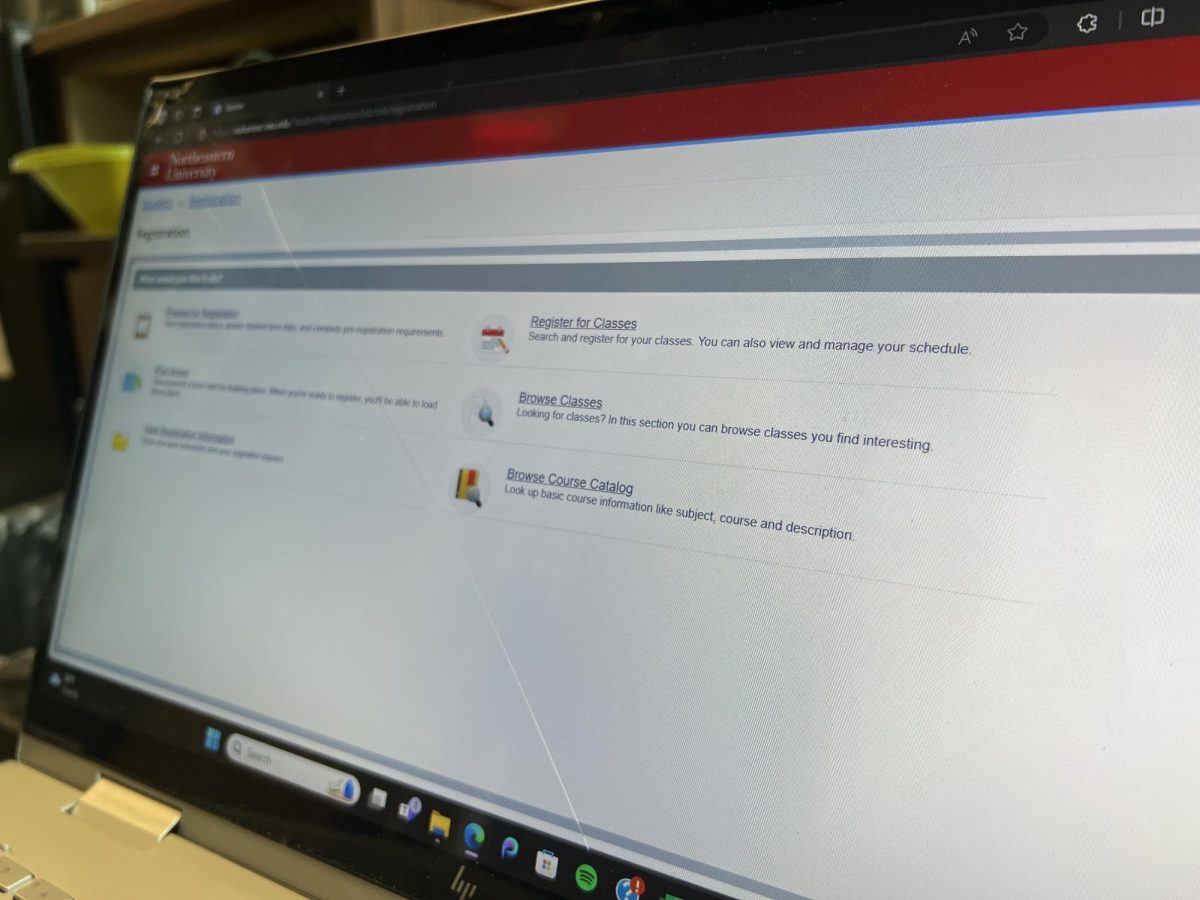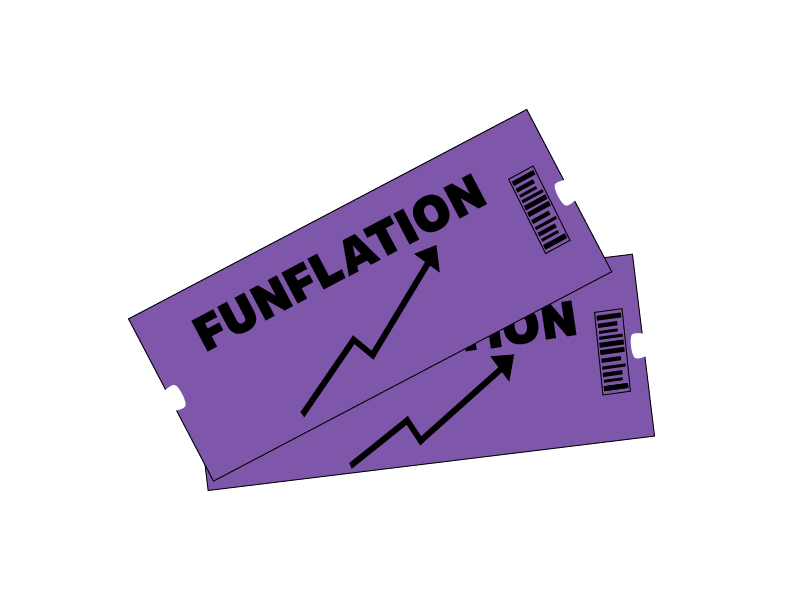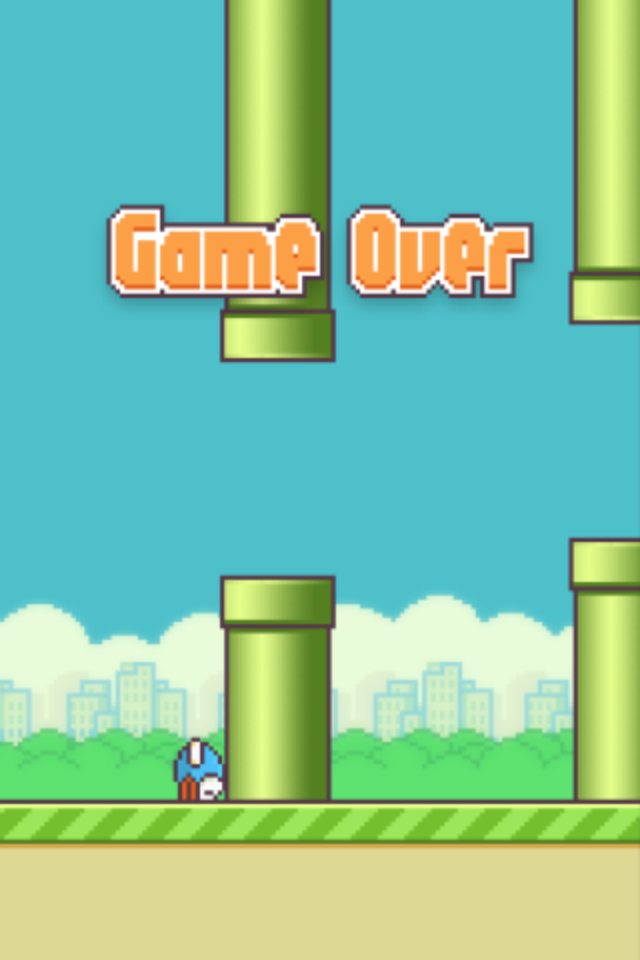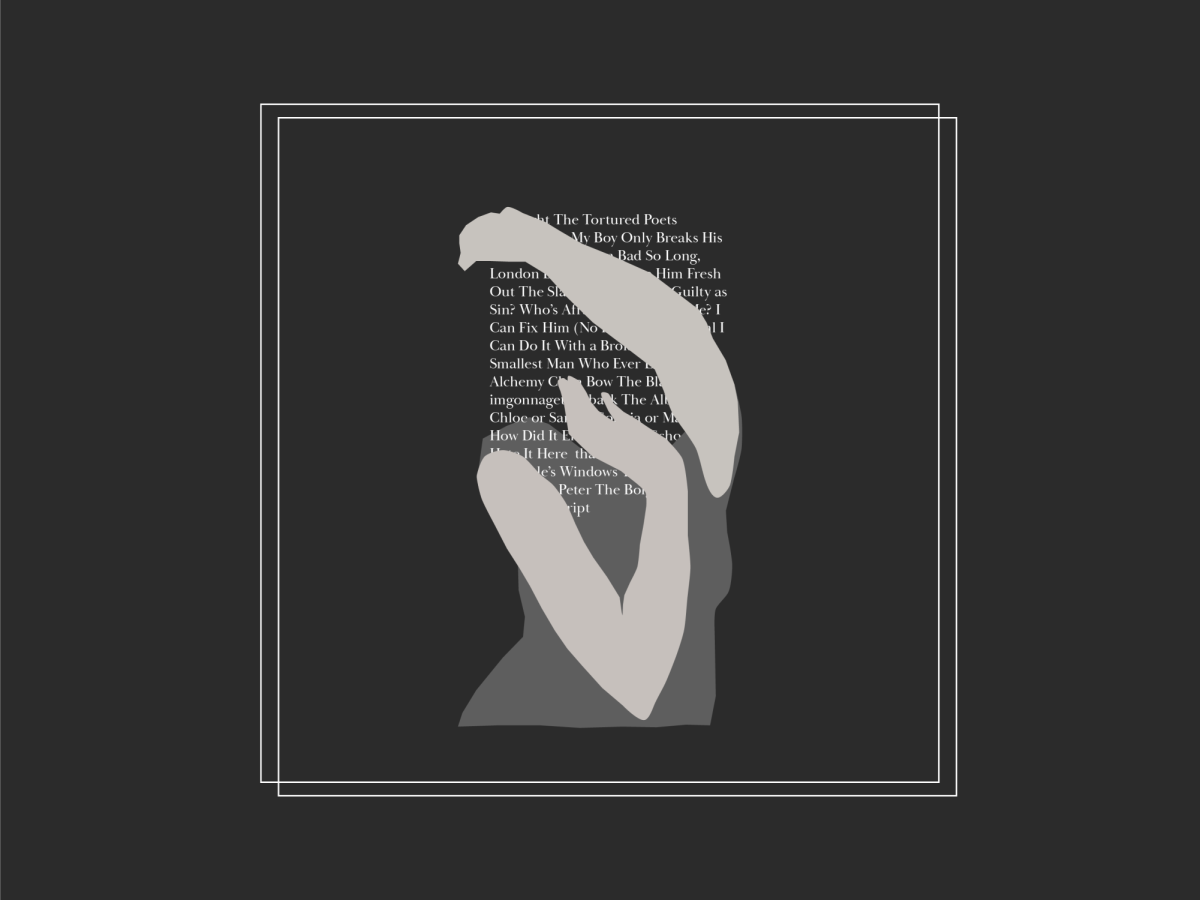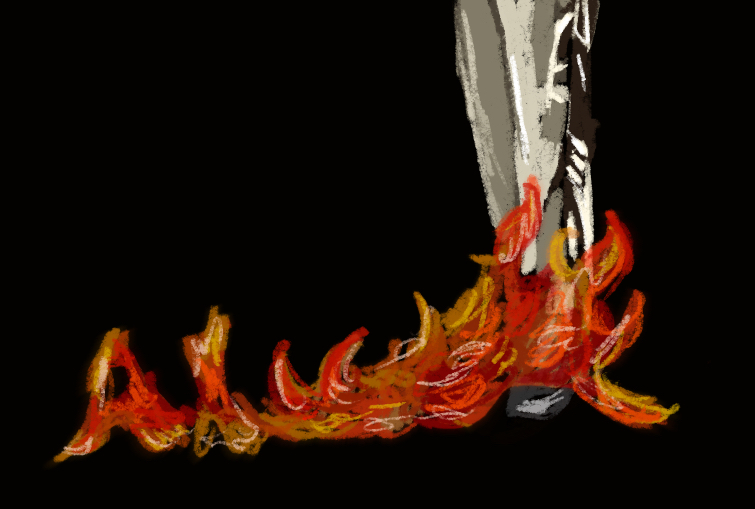
By Will Jackson, News Correspondent
An ugly little bird must navigate a world of shoddily installed plumbing fixtures. Touching anything is fatal, which is a shame, because our hero flies like a shot up jumbo jet. He handles poorly, climbs hard and plummets like a stone the instant power is cut.
Up and down he must go until a gap is missed, a lethal bit of pipe touched. Cue a sound like a kung-fu flick punch, cue a lifeless plunge back down to earth. Cue the world rewinding. Get ready. Tap to flap.
Seen another way, “Flappy Bird” is (was?) a dead simple game for Android and iOS. In spite of limited gameplay and a more or less vertical learning curve, it was, for its short lifetime, a top download on both platforms. Its maker, Hanoi-based Dong Nguyen, was making $50,000 a day in ad revenue before he took it down this Sunday. A one-word question occurs: Why?
Some take Nguyen at his word. In his Saturday tweet announcing the demise of “Flappy Bird,” he claimed that he “couldn’t take this anymore.” “This” could be a few different things. It could be the burden of sudden fame. Or it could be all the folks who have pointed out that his game looks and sounds a lot like “Mario” or “Piou Piou,” a 2011 mobile game in which an also horrid bird must navigate a more appropriately deadly hell of cacti. It could be the more general criticism: “Flappy Bird” is stupid. “Flappy Bird” is lazy. “Flappy Bird” is broken. So on and so forth.
Others assume that Nguyen is a marketing genius, and that his takedown decision is a brilliant tactical ploy. In this version of the story, Nguyen is relying on something that Forbes contributor Paul Tassi called the Disney Vault effect. In Tassi’s piece, titled “‘The ‘Flappy Bird’ Shutdown is a Diabolical or Accidental Genius Act of Marketing,” he observes that announcement of the game’s imminent removal from the store coincided with a jump from 75,000 to 146,000 total reviews. This occurred over a single night. It would seem the threat of scarcity is an effective call to action. Further, Tassi (who, it should be noted, ultimately believes that Nguyen just freaked out, putting Tassi in camp one) hypothesized that Nguyen may have been worried that legal action would be taken against him. If this was the case, a publicized takedown becomes even more attractive. A last surge of revenue and renown, precipitated by behavior that just might mollify anyone who is considering a lawsuit.
Data is scant, and a definitive answer to these questions is dependent on Nguyen, who hasn’t communicated publicly since Jan. 8. Given this dearth of information, it makes sense to turn our attention to other, still-valid questions. What makes certain mobile games take off into mega stardom? What makes people want to keep playing them?
“The initial tendency of most students is to focus on superficial things like the graphics and the sound and to some extent just what the overall theme of the application is,” Dr. Stephen Intille, a dual appointment to the College of Computer and Information Science (CCIS) and the Bouvé College of Health Sciences said. “But it’s really the interaction and the subtleties of the way that people do that interaction that makes a game good or not good.”
Intille is also a researcher into mobile sensor facilitated health technologies, and the teacher of “Mobile Applications Development,” an upper level computer science course aimed at getting students hands-on experience in the field.
“Flappy Bird,” which offers a single mechanic to its users, is particularly easy to analyze in this light. The user taps their screen and Flappy goes up. When they aren’t tapping, Flappy falls. This movement is then used to pass through tight gaps in obstacles on the screen. The genius of “Flappy Bird” lies in the tuning. Hard enough to challenge, but not so hard that it’s perceived as futile.
“That fact that it’s very difficult makes you want to try again,” Scott Lindeman, a junior computer science and mathematics dual major, said. “Once you know how to do it you just wanna keep playing it and get better.”
If “just hard enough” sounds a bit subjective, it’s because it is.
“With ‘Flappy Bird,’ I just tried a bunch of times and then gave up because it’s so hard,” Sumita Mukund, a junior computer science and environmental science dual major, said. “You can’t get past the first pipe. What’s the point?”
She contrasted this with “Temple Run,” a game which she enjoys and which she said has a less steep learning curve. This sentiment was echoed by Intille during a discussion regarding “Angry Birds” (another explosively popular mobile game):
“So when ‘Angry Birds’ starts you don’t have to know how to do anything, essentially,” Intille said. “You can be tapping on the screen randomly and you’ll shoot your first bird out of the catapult and figure out how it works. There’s one bird, there’s a very simple house. A six-year-old or even a four-year-old can sort of figure it out right away. What [‘Angry Birds’] then does is incrementally add complexity, but only at a rate appropriate given somebody’s understanding of how the game works.”
This is true of many successful mobile games, but not “Flappy Bird.” As games like “Angry Birds” and “Temple Run” progress, new challenges are added to maintain interest, be they more complex pig castles or harder to avoid obstacles. “Flappy Bird,” on the other hand, plays its entire hand on the first pipe. Once you know how to get through one pipe you should be able to play forever without learning a new skill. Due to the precision requirements of the game, however, this isn’t the case.
“My highest score is 17. That took maybe 20 times playing it, all pretty short,” Lindeman said. “Probably more than 20. More like 50.”
If all of this talk of “Flappy Bird” has made you want to play, fear not. Phones with “Flappy Bird” installed are currently being auctioned off on eBay, with shockingly reasonable starting prices in the $15 range. If buying a phone seems like overkill, why not try new releases “Fly Birdie,” “Flappy Plane,” “Clumsy Bird,” “Ironpants” (it’s about a superhero) or “Flappy Bee?”
Correction: Data is scant, and a definitive answer to these questions is dependent on Nguyen, who hasn’t communicated publicly since Feb. 8. (See paragraph 6)


